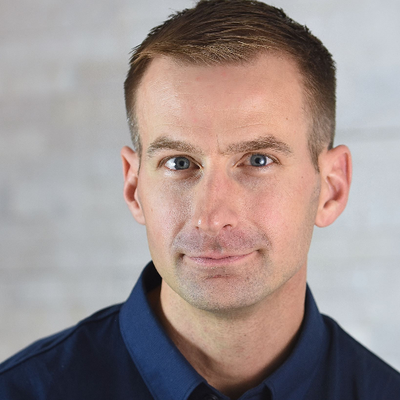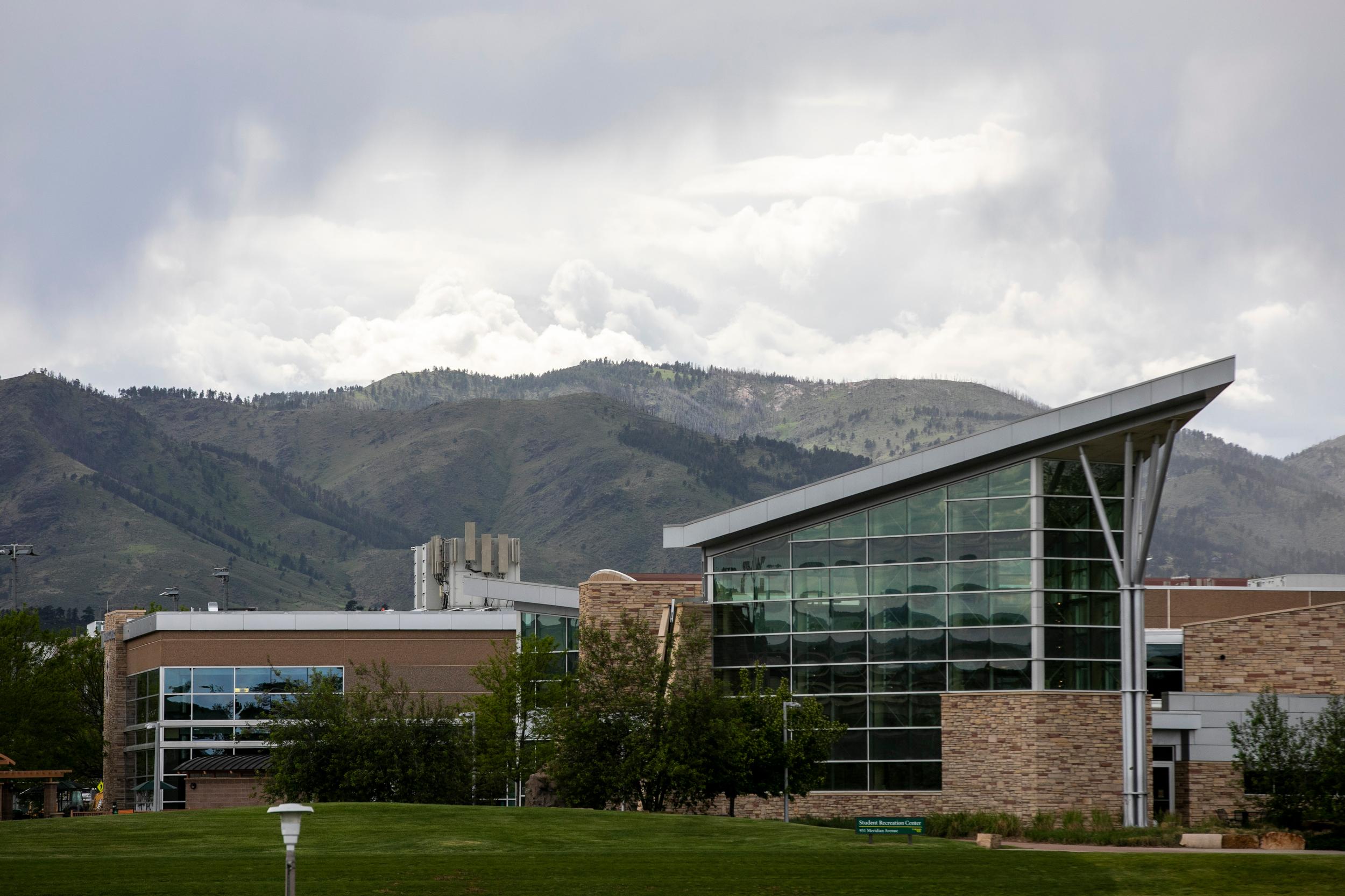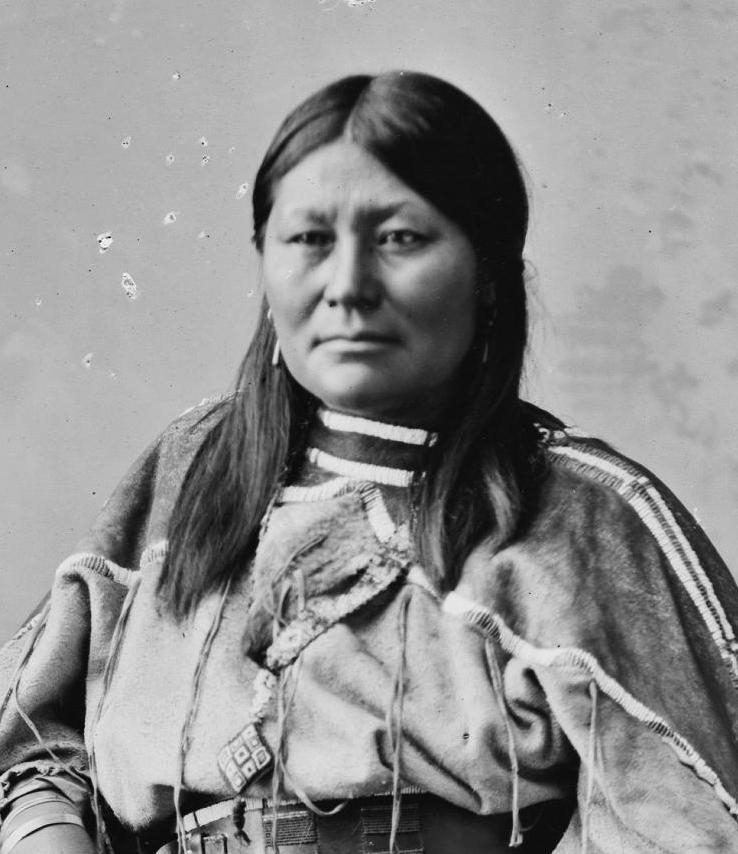
The following is part of KRCC's 'Peak Past' essay series.
Chipeta — often called “Queen of the Utes” — was nearly 70 when she joined in Colorado Springs' 40th birthday party as part of a Ute delegation in 1911.
From Southwestern Colorado, Chipeta and dozens of her people loaded horses and teepees onto an eastbound Denver & Rio Grande train, according to historians Cynthia Becker and David Smith. By July 30, 1911, the delegation was camped in South Cheyenne Canyon, a spot Chipeta knew from previous travels.
While in Colorado Springs, the Utes rode in a pioneers’ parade, joined in a “Wild West” show, and danced traditional Ute dances.
Chipeta was a rock star. For good reason.
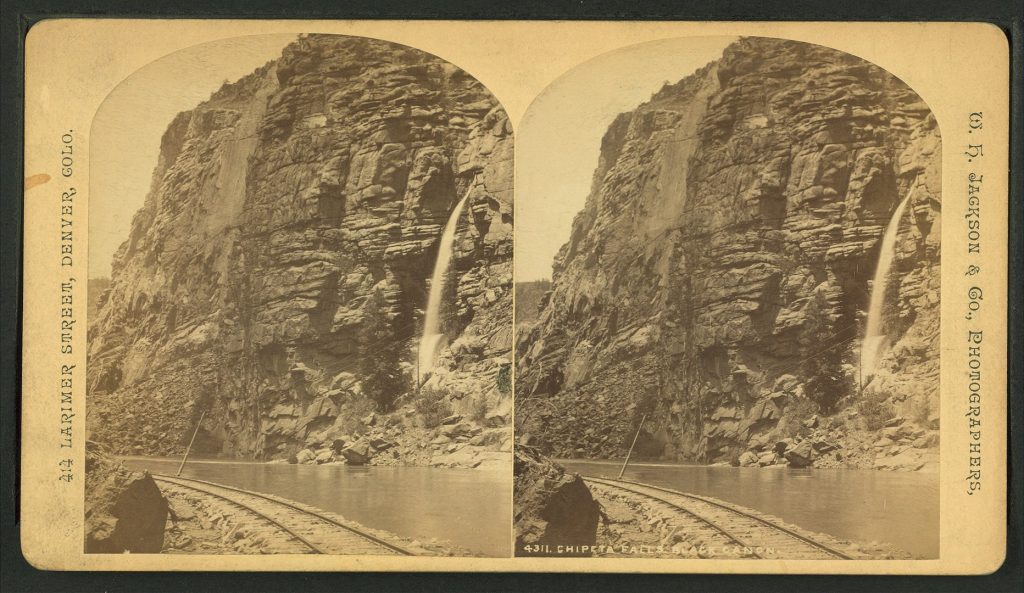
Even now her name is everywhere. There’s Chipeta Park, Chipeta Falls, Chipeta Lake, and Chipeta State Park.*
Chipeta means “White Singing Bird,” a name she earned over time—even if her life had a tragic start. Born around 1843, she was the sole survivor of a decimated Kiowa Apache camp. She was adopted by a Ute band and raised around southern Colorado and married Ouray [pronounced “you-ray”] in 1859, a respected hunter and Ute leader, who then became a chief in 1860. For the next two decades, together, Chief Ouray and Chipeta sought peaceful diplomacy. Chief Ouray died in 1880, but Chipeta kept on for most of another half century.
She was welcomed by presidents, an early Native American rights advocate, and inducted into the Colorado Women’s Hall of Fame. She was remarkable at a time when the world thought everything about her wasn’t.
Chipeta passed away at age 81 in 1924. But she’s still with us in so many beautiful places that bear her name, where we can always go and listen for a white singing bird.
*Author's Note: Chipeta’s name is spelled in a variety of ways: “Chipeta,” “Chipita,” and “Chepeta,” are common. For consistency, this essay has chosen “Chipeta” for all uses.
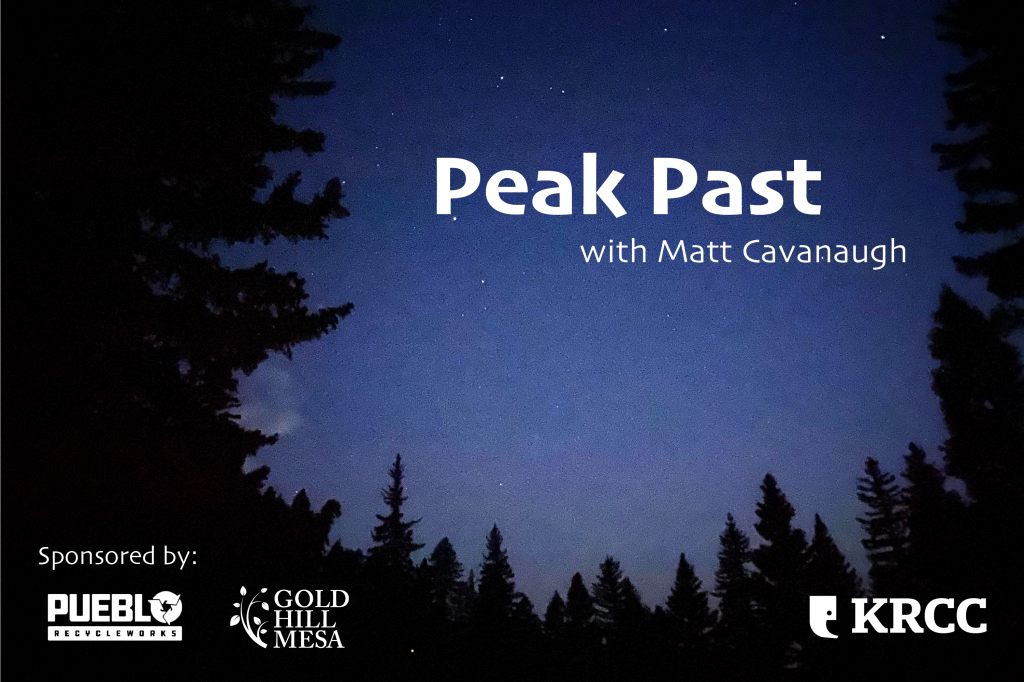
Peak Past (formerly Peak Perspectives) is a weekly segment written and voiced by Matt Cavanaugh, a lieutenant colonel in the U.S. Army and a resident of Manitou Springs where he lives with his wife and two young children. Through his writing, Cavanuagh explores life in the Pikes Peak region, including the gradients and subtleties of our lives in the shadow of America's Mountain.
You can find more work by Cavanaugh here.
KRCC's Abigail Beckman manages the "Peak Past" series. The opinions expressed in this publication are those of the authors. They do not purport to reflect the opinions or views of KRCC or Colorado Public Radio.
Peak Past is sponsored by Pueblo Recycle Works and Gold Hill Mesa.
